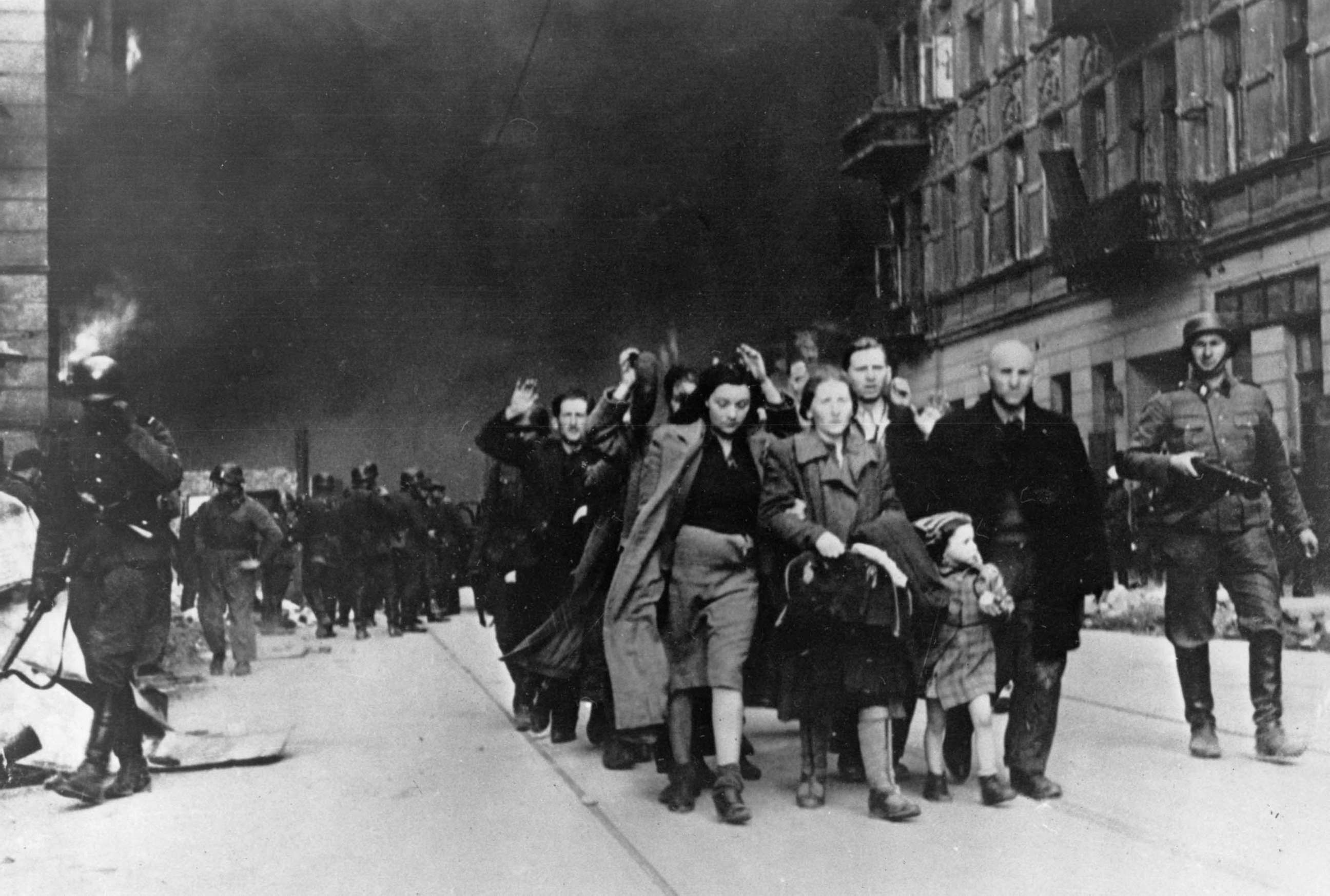Historians ordered to apologize in controversial Polish Holocaust libel case
The libel case involves a long dead Polish elder accused of Nazi collaboration.
LONDON and MOSCOW -- Two renowned historians have been ordered to apologize by a Polish court after being accused of defaming a long-deceased village elder they said collaborated with the Nazis during World War II.
The case, brought by Filomena Leszczyńska, 81, the niece of Edward Malinowksi, the deceased elder of the village of Malinowo, has attracted considerable interest both in and outside Poland, as advocates say the outcome has significant implications for freedom of speech and academic research. The case was profiled by ABC News in depth last week.
Poland has long struggled to come to terms with the treatment of the Jews while under Nazi occupation, and the issue has become more contentious under the ruling Law and Order Party in recent years, experts told ABC News. In 2018, the government passed a law which made it a civil violation to spread false information about Poland’s role in the Holocaust, opening up the possibility of broader libel claims.

Leszczyńska, with the help of the government-backed Poland Anti-Defamation League (RDI), sued the historians Barbara Engelking and Jan Grabowski for 100,000 Zloties ($27,000) and a public apology over one paragraph in the book which said her uncle had been complicit in the massacre of 18 Jews at the height of Nazi occupation.
The paragraph was based on testimony given by Estera Siemiatycka, a Jewish woman saved by Malinowski, to the Shoah Foundation at USC saying that Malinowski had been complicit in the massacre. That testimony contradicted evidence she gave in Malinowski’s defense at a trial in 1950 in which he was acquitted.
At the Warsaw District Court on Tuesday, a judge ordered that while the historians did not have to pay the money, a considerable sum in Poland, they have to issue a both a private letter of apology to Leszczyńska and a public statement on the website of the Polish Center for Holocaust Research, an organization Engelking runs, over the offending paragraph. The paragraph will be removed from subsequent editions of the 1,600 page, two-volume collection “Night Without End: The Fate of Jews in Selected Counties of Occupied Poland,” according to Maciej Swirski, the head of the RDI.
While Engelking accepted that there was one mistake in the paragraph which would usually result in a correction to later editions, she confirmed to ABC News that the historians would be appealing the judgment.
"I am, of course, very disappointed and very concerned about the future of Holocaust research in Poland," Grabowski told ABC News after the verdict was handed down. "I will have to talk to our lawyers about the ramifications of the sentence."



